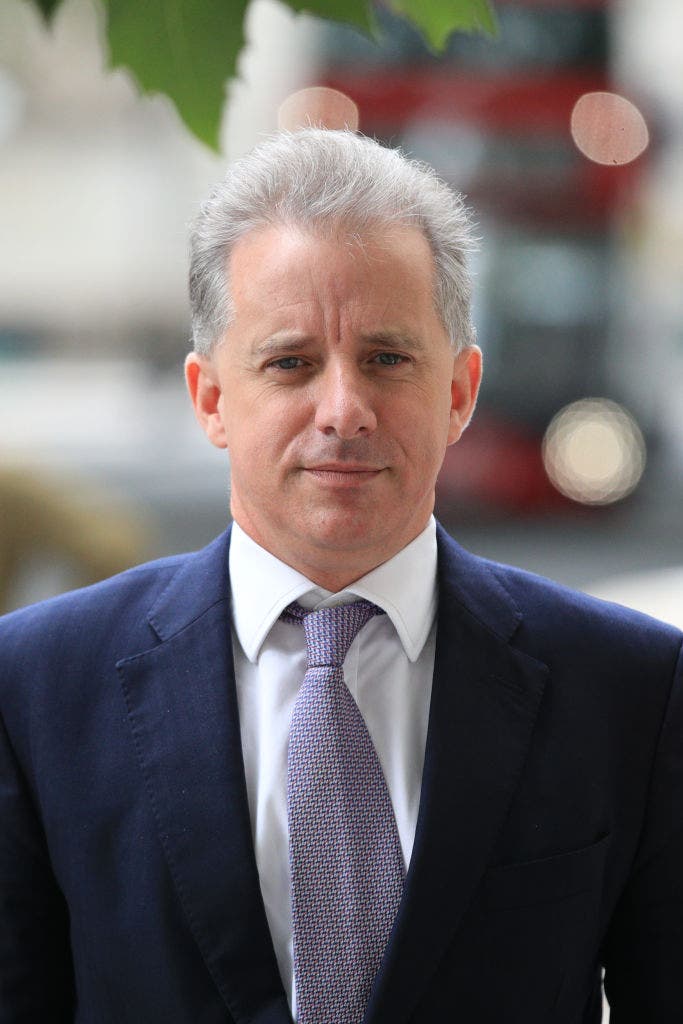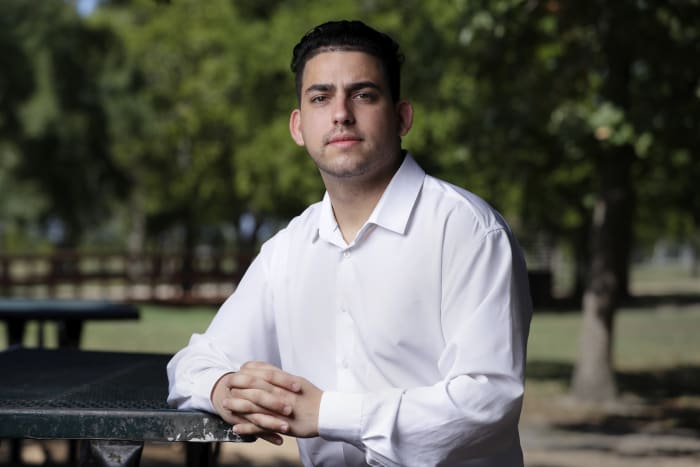
www.foxnews.com
Durham probe: FBI offered Christopher Steele $1 million to corroborate Trump allegations in dossier
The FBI offered ex-British intelligence agent Christopher Steele $1 million to corroborate allegations made in the anti-Trump dossier, but he was unable to do so.
Politics
The FBI offered ex-British intelligence agent Christopher Steele $1 million to corroborate salacious allegations made in his dossier against Donald Trump and members of his 2016 campaign, but he was unable to do so, an FBI official testified Tuesday.
FBI supervisory counterintelligence analyst Brian Auten was the first witness in the trial of Igor Danchenko, the Russian national who served as the primary sub-source for Steele's anti-Trump dossier and has been charged with five counts of making false statements to the bureau.
Auten testified that he and a group of FBI agents went overseas in early October of 2021 to speak with Steele about the dossier. During questioning by Special Counsel John Durham Tuesday, Auten said that during those meetings, the FBI offered Steele $1 million dollars if he could corroborate allegations in the dossier. Auten testified that Steele could not do so.
Auten also said that the FBI had no corroboration of allegations in the dossier, but, nevertheless took that information and inserted it into the Foreign Intelligence Surveillance Act (FISA) warrant to surveil former Trump campaign aide Carter Page.
"On October 21, 2016 (the date of the Carter Page FISA application) did you have any information to corroborate that information?" Durham asked.
"No," Auten said, confirming that the FBI began receiving Steele’s reports, later known as the dossier, on Sept. 19, 2016, and submitted its first FISA application on Page on Oct. 21, 2016.
Sept. 19, 2016 was also the day that then-Clinton campaign lawyer Michael Sussmann brought white papers to a meeting at FBI headquarters with then-FBI General Counsel James Baker alleging the Trump Organization was using a secret back channel to communicate with Kremlin-linked Alfa Bank in the weeks leading up to the presidential election.
Sussmann was found not guilty of making a false statement to the FBI in June. Sussmann had allegedly brought the information to Baker on Sept. 19, 2016 and allegedly claimed that he was not doing work on behalf of any client but rather bringing the data as a citizen concerned with national security. Sussmann was a lawyer for the Clinton campaign at the time.
Meanwhile, Auten also said the FBI reached out to other intelligence agencies to see if they could corroborate information relating to dossier, which was commissioned by opposition research firm Fusion GPS and paid for by the Hillary Clinton campaign and the Democratic National Committee through law firm Perkins Coie.
Auten repeatedly admitted under questioning from Durham that the FBI never received corroboration of the information in the Steele dossier, but stressed that it was used in the initial FISA application and in the three subsequent renewals.
The special master currently reviewing records seized by the FBI in its unprecedented raid of former President Trump's Mar-a-Lago home, Judge Raymond Dearie, who, at the time sat on the Foreign Intelligence Surveillance Court, signed off on the final warrant to surveil Page.
Justice Department Inspector General Michael Horowitz, in 2019, said that the dossier served as the basis for the FISA warrants against Page. Republicans on the House Intelligence Committee first said that the dossier served as the basis for those warrants and surveillance.
The Justice Department admitted in 2020 that the FISA warrants to surveil Page, when stripped of the FBI's misinformation, did not meet the necessary legal threshold and never should have been issued.
Auten also testified Tuesday that the FBI considered submitting FISA applications against Trump campaign foreign policy advisor George Papadopoulos, but said the FBI ultimately did not do so.
In March 2016, as an aide to the Trump campaign focusing on foreign policy, Papadopoulos met with Maltese professor Joseph Mifsud in London, who told him that the Russians had dirt in the form of emails that could damage Clinton’s presidential campaign.
Papadopoulos then told Australian diplomat Alexander Downer of the new information. Downer reported Papadopoulos’ comments to the FBI.
Papadopoulos was charged in former Special Counsel Robert Mueller’s investigation with making a false statement to the FBI. The charging document said the false statement was about the timing of his meeting with Mifsud, and about his knowledge of Mifsud’s connections to Russia. The charging document also claimed he "impeded" the investigation by making his false statement.
























































